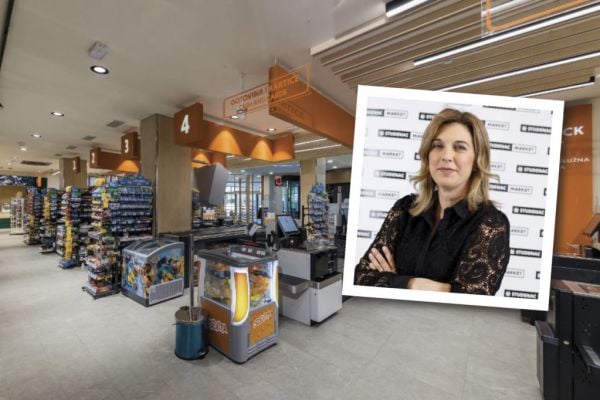PricewaterhouseCoopers (PwC) has just released its latest UK economic-outlook report, entitled Consumer Spending Prospects and the Impact of Automation on Jobs.
Jobs in retail and wholesale were rated third highest in terms of vulnerability to being automated. The report estimated that 44% of these jobs were in high risk of being lost to automation over the next two decades.
PwC’s analysis finds that the likely impact of automation varies significantly across industry sectors. Transportation and storage (56%), manufacturing (46%) and the wholesale and retail trade (44%) have the highest proportion of jobs facing potentially high risks of automation among the larger sectors.
The study estimates that the UK (30%) has a lower proportion of existing jobs at potential high risk of automation than the US (38%) and Germany (35%), but more than Japan (21%).
John Hawksworth, chief economist at PwC, commented, “A key driver of our industry-level estimates is the fact that manual and routine tasks are more susceptible to automation, while social skills are relatively less automatable. That said, no industry is entirely immune from future advances in robotics and AI."
Responding Responsibly Is Key
Jon Andrews, head of technology and investments at PwC, said, “There’s no doubt that AI and robotics will rebalance what jobs look like in the future, and that some are more susceptible than others. [...] Responsible employers need to ensure they encourage flexibility and adaptability in their people so we are all ready for the change."
What Constraints Might Automation Face?
While the bulk of PwC’s analysis focuses on the technical feasibility of automation, it also recognises the economic, legal and regulatory constraints that might restrict the pace and extent of future increases in automation in practice.
John Hawksworth concluded, “Just because it is technically feasible to replace a human worker with a robot doesn’t mean it’s economically attractive to do so. [...] We expect this balance to shift in favour of robots over time, but there should still be many areas where humans retain a comparative advantage."
© 2017 European Supermarket Magazine – your source for the latest retail news. Article by Gavin Ryan. Click subscribe to sign up to ESM: The European Supermarket Magazine.














